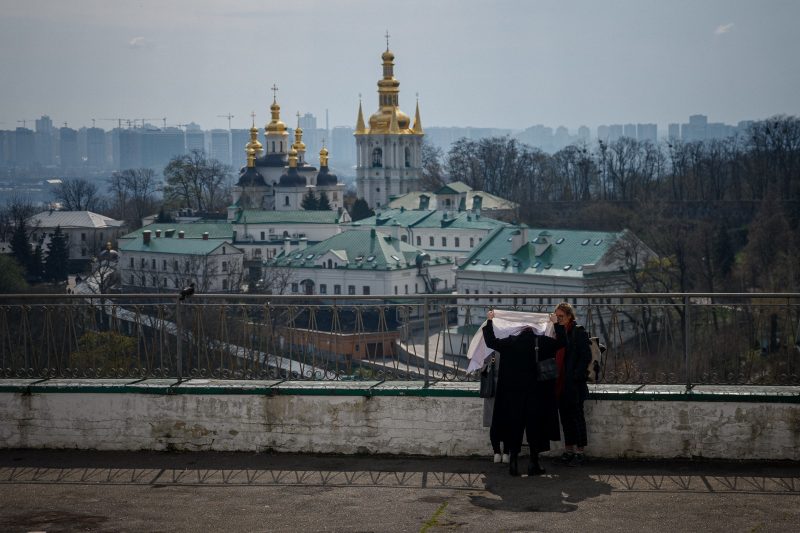In recent years, the Orthodox Church in Ukraine has been at the center of a fierce battle among D.C. lobbyists aiming to shape its future. The religious and geopolitical dimensions of this conflict have wide-ranging implications not only for the Orthodox Church but also for the geopolitical landscape of the region.
The root of the conflict lies in the historical ties between the Russian Orthodox Church and the Ukrainian Orthodox Church. For centuries, the Ukrainian Orthodox Church was under the jurisdiction of the Moscow Patriarchate, which acted as a powerful religious and political tool for Russia in exerting influence over Ukraine. However, as Ukraine sought to assert its independence from Russia in the wake of the Maidan Revolution in 2014, there was a growing sentiment among Ukrainians to break away from the Moscow Patriarchate and establish an independent Orthodox Church.
This desire for religious independence culminated in the creation of the Orthodox Church of Ukraine in 2018, which was granted autocephaly (ecclesiastical independence) by the Ecumenical Patriarchate of Constantinople. The move was widely seen as a blow to Russian influence in Ukraine and a significant step towards Ukrainian national identity and sovereignty.
However, the establishment of the Orthodox Church of Ukraine has sparked a fierce backlash from the Russian Orthodox Church and its allies in Washington D.C. Lobbyists representing Russian interests have sought to undermine the legitimacy of the Orthodox Church of Ukraine, portraying it as a tool of Western interference in Eastern Orthodox affairs. They argue that the Ecumenical Patriarchate overstepped its authority in granting autocephaly to the Ukrainian church and accuse the Ukrainian government of manipulating religious matters for political gain.
On the other hand, proponents of the Orthodox Church of Ukraine argue that it represents the will of the Ukrainian people and is a crucial step towards reinforcing Ukrainian sovereignty and identity. They view the church as a symbol of resistance against Russian aggression and a bulwark against Moscow’s attempts to exert influence over Ukraine’s religious and cultural institutions.
The battle over the future of the Orthodox Church in Ukraine is not just a religious or geopolitical conflict; it is also a struggle for the soul of Ukraine itself. As the country seeks to define its post-Soviet identity and chart its course towards the future, the fate of the Orthodox Church plays a critical role in shaping Ukraine’s national consciousness and aspirations.
In the corridors of power in Washington D.C., lobbyists representing various interests are waging a fierce battle over the Orthodox Church in Ukraine. The outcome of this conflict will have far-reaching implications not only for the religious landscape of Ukraine but also for the broader geopolitical dynamics of the region. It remains to be seen how this tug-of-war will ultimately play out and what it will mean for the future of the Orthodox Church and the Ukrainian nation.






























